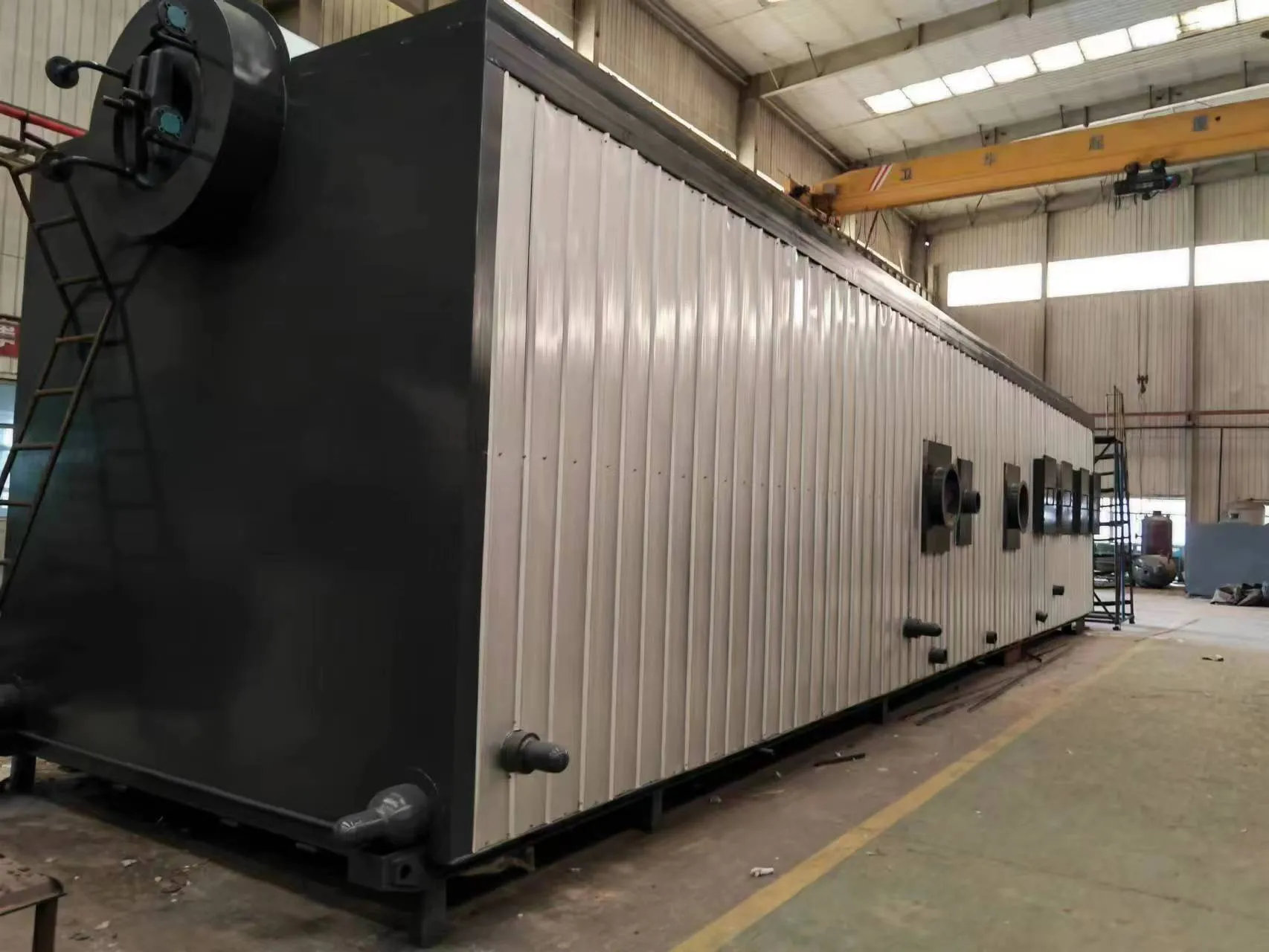air preheater supplier
Understanding the Importance of Air Preheaters and Selecting the Right Supplier
Air preheaters are crucial components in various industrial processes, especially in power plants, HVAC systems, and other applications that require efficient heat exchange. Their primary function is to preheat the air entering a combustion system, thereby increasing the overall efficiency of the process. By utilizing waste heat from flue gases, air preheaters can significantly reduce fuel consumption, lower emissions, and enhance the performance of combustion systems.
The Functionality of Air Preheaters
Air preheaters operate on the principle of heat exchange, where the flue gases pass through a heat exchanger and transfer their heat to the incoming air. This process not only elevates the temperature of the air before it enters the furnace but also ensures that a considerable amount of heat is recovered for re-use. The benefits of using air preheaters include improved energy efficiency, reduced operational costs, and lower greenhouse gas emissions.
There are several types of air preheaters, including tubular, regenerators, and plate heat exchangers. Each type has its own set of advantages and is suited for different applications based on the specific operational requirements and constraints of the facility. For example, regenerative air preheaters are efficient for large-scale power plants, while plate heat exchangers might be more applicable for smaller industrial applications.
Selecting the Right Air Preheater Supplier
Choosing the correct supplier for air preheaters is vital to ensuring your system's reliability, efficiency, and safety
. Here are some factors to consider when searching for a reputable air preheater supplier1. Experience and Expertise Look for suppliers with extensive experience in the manufacturing and installation of air preheaters. A supplier with a proven track record will likely provide better products and services.
air preheater supplier

2. Quality and Standards Ensure that the supplier complies with industry standards and has quality certification such as ISO. High-quality materials and workmanship are essential for durable and efficient air preheaters.
3. Custom Solutions Different facilities have unique requirements. A good supplier should offer custom design and engineering services to tailor the air preheater to specific needs. This can optimize performance and enhance heat recovery.
4. Service and Support Post-sale service is crucial for the longevity of the air preheater. Look for suppliers that provide installation assistance, maintenance services, and quick response times for any issues that may arise.
5. Cost-Effectiveness While it is important to consider the price, it should not be the sole determining factor. Evaluate the overall value that a supplier offers, including the expected lifespan of the product, anticipated energy savings, and efficiency improvements.
6. Customer Reviews and References Research customer feedback and ask for references. Hearing from existing clients can provide valuable insight into the reliability and quality of the supplier’s products and services.
7. Technological Innovation In an era where technology plays a significant role in operational efficiency, choosing a supplier that keeps up with technological advancements is crucial. Suppliers that invest in research and development are more likely to provide innovative solutions that can enhance performance.
Conclusion
Air preheaters are essential for improving energy efficiency and reducing emissions in various industrial applications. Selecting the right supplier is a critical decision that impacts the overall effectiveness and reliability of your air preheating system. By considering factors such as experience, quality, custom solutions, and customer feedback, you can identify a supplier that meets your operational needs and contributes to your company’s sustainability goals. Investing time in this decision will ultimately lead to better performance, lower costs, and a more environmentally friendly operation.
-
Top Electric Steam Boiler Manufacturers | Industrial Solutions & CustomizationNewsJul.27,2025
-
Top Electric Steam Boiler Manufacturers | Industrial Steam SolutionsNewsJul.26,2025
-
Top Electric Steam Boiler Manufacturers – Reliable Industrial SolutionsNewsJul.25,2025
-
Top Electric Steam Boiler Manufacturers – Reliable Industrial SolutionsNewsJul.24,2025
-
Top Electric Steam Boiler Manufacturers – High Efficiency & ReliabilityNewsJul.23,2025
-
Best China Steam Boiler Price for Efficient Industrial HeatingNewsJul.22,2025

